Now, there are already things that we refer to as AI, such as the “intelligence” programmed into enemies and friendlies in video games. Different computing systems or pieces of software may leverage “AI,” but what they are really talking about is an adaptive piece of software that still operates within the constraints of its environment and is strictly limited to its programming. No new information can go in, and no creative output is possible. While these programs can sometimes be very convincing (as evidenced by attempts to spoof humans into chatting with pieces of code online), they are not really what scientists, inventors, and (most) science-fiction authors would consider artificial intelligence.
And that’s when the Terminators come, right?
Just like Asimov’s Three Laws of Robotics, an effort should be put forth to determine the laws of artificial intelligence. To that end, I introduce a concept of “dumb” vs. “smart” AI. Featured in several works of science fiction, the concept is that a dumb AI would still be considered to have a razor sharp intelligence. It would think faster and adapt more quickly, coming up with more creative solutions than any human could. The difference is that it could only do this within one field or function. A dumb AI designed for medical purposes would only be able to function within predetermined limits. It could diagnose and treat diseases, analyze infection vectors, or iterate billions or trillions of possible drug treatments for different ailments. Anything outside this realm, however, would simply be a foreign concept. Try to ask it about dinner and you might as well be speaking to it in Japanese. The AI is allowed to learn, function, and express creativity but only within a given sphere.
A smart AI, by contrast, is your full on HAL 9000, your Skynet, your Matrix AI. Capable of limitless expansion, it operates of its own accord and can accomplish mental tasks that would be impossible even for a collective of the finest human minds. It could be our greatest savior, or our worst nightmare. It could also turn out to be completely indifferent to organics, which it may perceive as being so slow and worthless that it just does it’s own thing, ignoring us completely. All in all, we run a 33% chance of annihilation if we allow the invention and proliferation of smart AI.
A.C. Harrison is the author of "Jupiter Symphony," in which one of the characters bonds with an AI and becomes the savior of the revolution.
Like what you see here? Spread the word and support indie authors! Follow me on Facebook or Twitter. Find me on Smashwords and Kindlemojo.
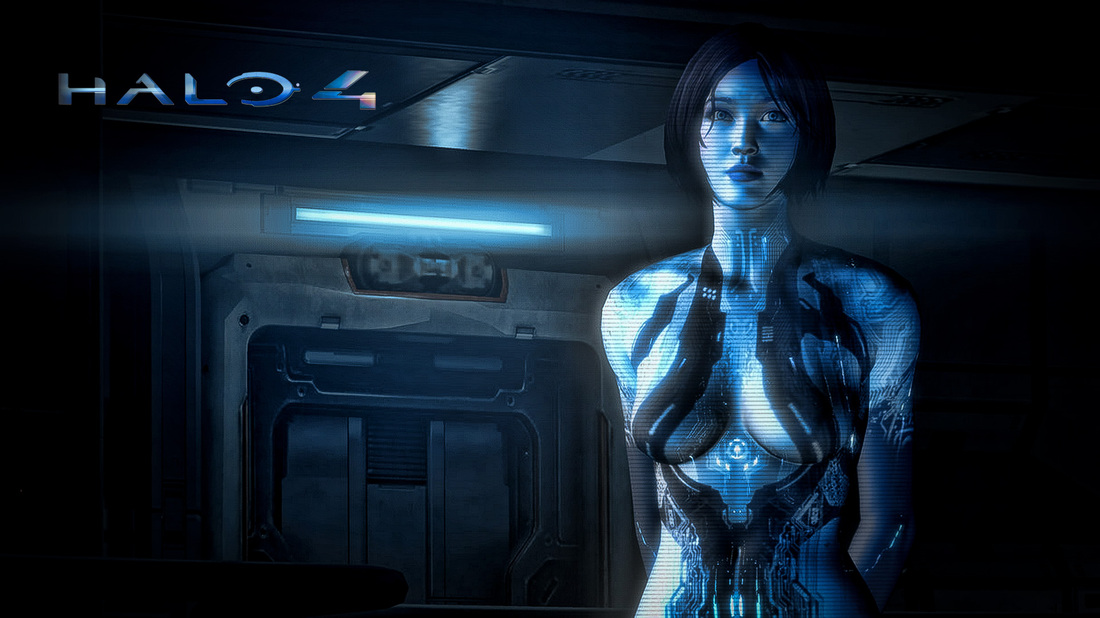
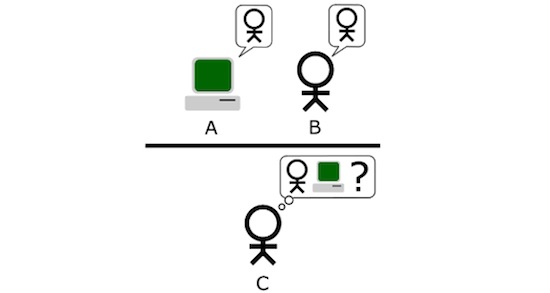
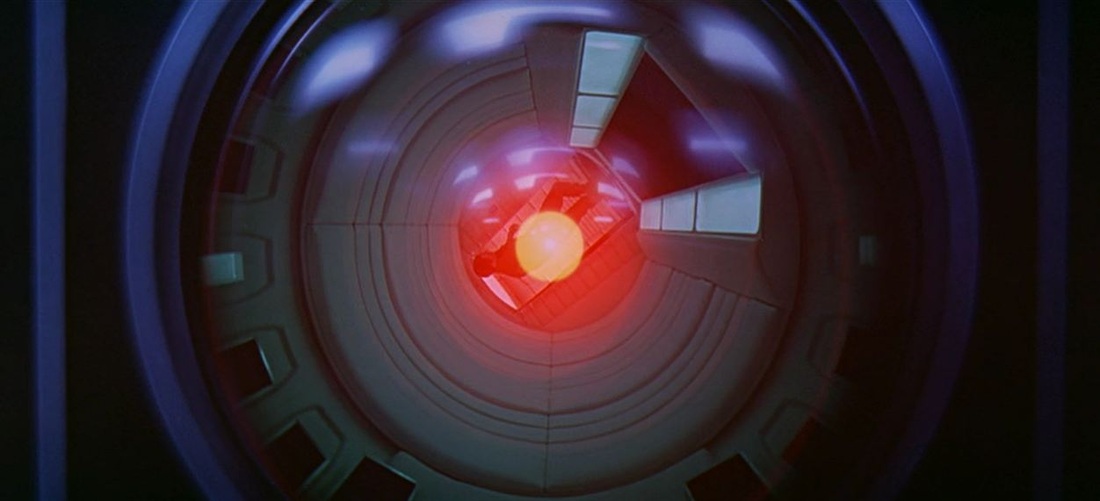
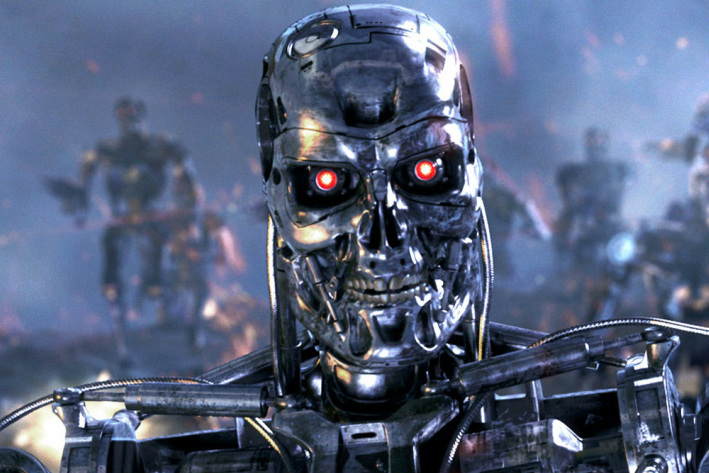
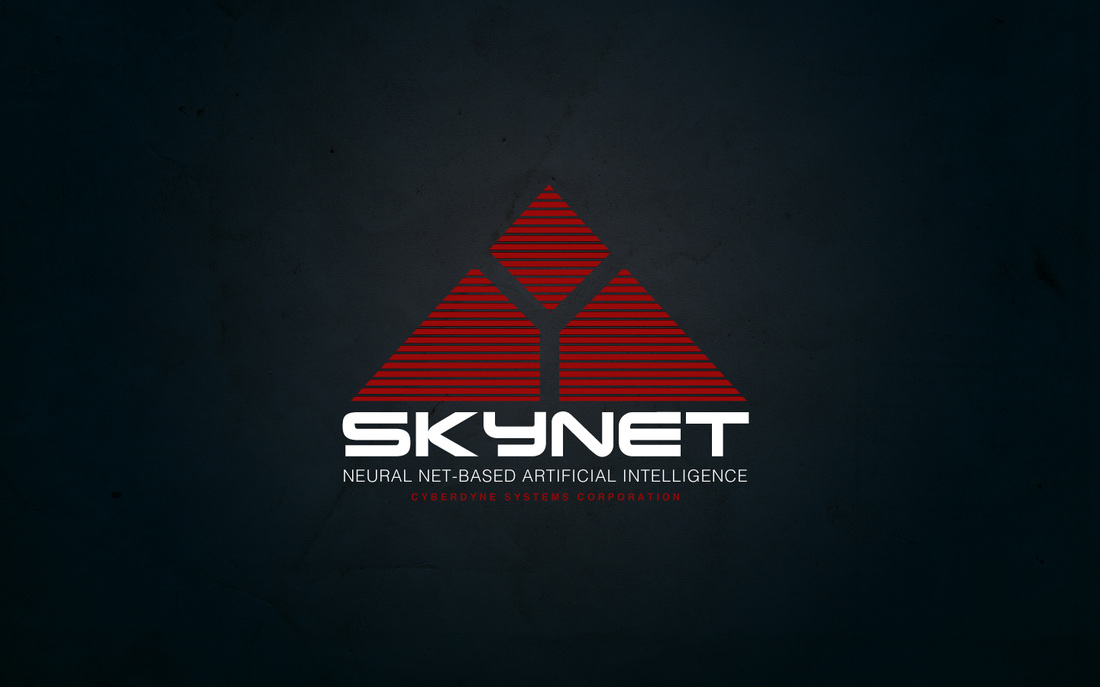
 RSS Feed
RSS Feed